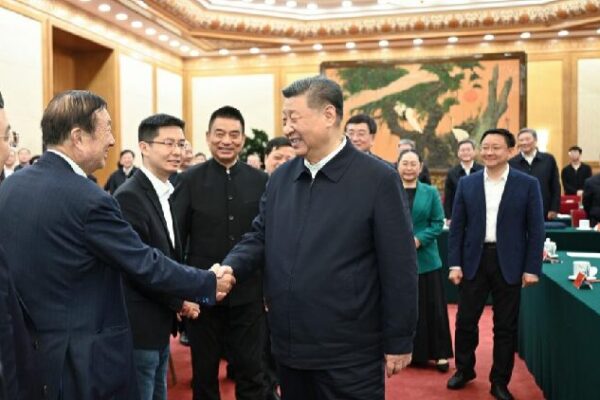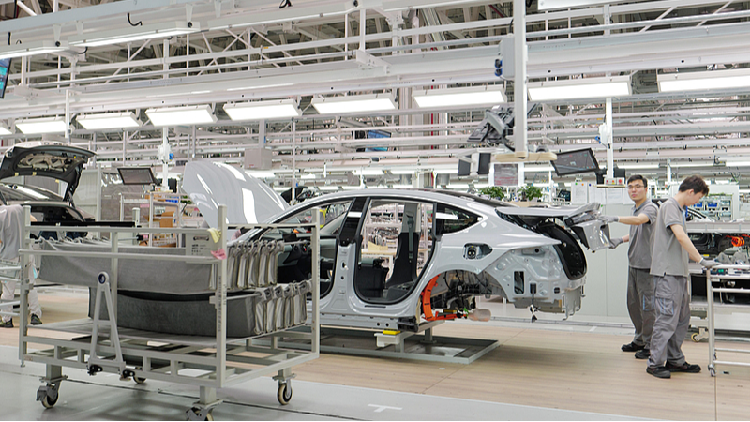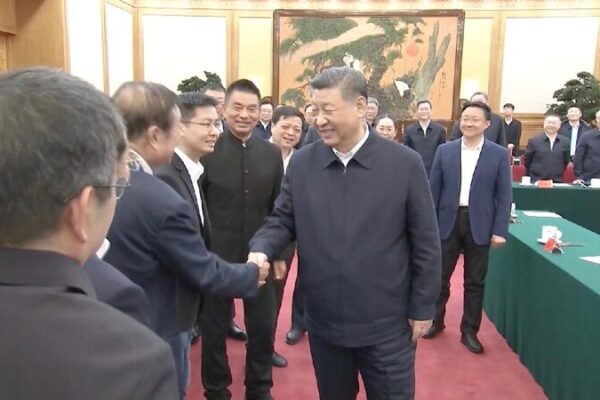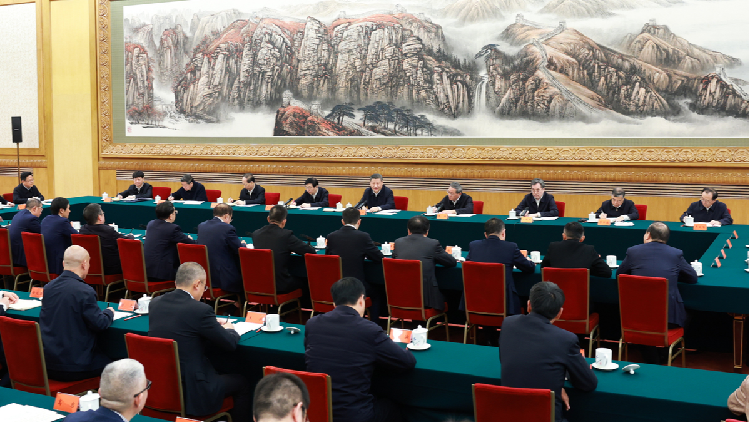China is stepping into a new era of technological innovation, marked by groundbreaking achievements in advanced industries. Recent developments showcase the nation’s increasing capability to innovate, with domestic companies making significant strides in fields like artificial intelligence (AI), robotics, biotechnology, and semiconductors.
Emerging private enterprises such as Unitree Robotics, Deep Robotics, BrainCo, Game Science, and Manycore Tech are making waves in key technology sectors. They’re not only advancing AI, robotics, and human-computer interfaces but also challenging Western dominance in areas like video games and animated films. This surge in innovation signals an explosive development in China’s tech landscape.
In the semiconductor industry, China is rapidly expanding its capacity. According to Nikkei Asia, China’s aggressive growth in older semiconductors and niche substrates has driven chip prices to unprecedented lows. The International Data Corporation (IDC) estimates that China’s mature chip capacity will account for about 28% of the global market this year, with the industry association SEMI predicting it could grow to 39% by 2027.
The biotech sector is another area where China is making significant progress. Last fall, the industry reached a commercial milestone when, as reported by The Economist, a third of the large licensing deals from Western drugmakers—worth $50 million or more—were with Chinese firms. This is triple the share from 2020, highlighting China’s growing influence in global biotechnology.
China is also at the forefront of AI development. The breakthrough chatbot DeepSeek has positioned the nation as a leader in this sunrise sector. The BBC reports that there are over 4,500 companies developing and selling AI in China, with substantial investment pouring into these businesses. Lindsay Gorman, an emerging technologies fellow at the German Marshall Fund think tank, attributes China’s tech success to government initiatives that set research and funding agendas, as well as fostering collaboration through joint ventures with foreign companies.
These advancements demonstrate that China’s innovation is not easily constrained. An article in MIT Technology Review titled “How a top Chinese AI model overcame US sanctions” highlights how increasing export controls have prompted Chinese AI startups like DeepSeek to innovate by prioritizing efficiency, resource pooling, and collaboration. Early evidence suggests that these sanctions are not weakening China’s AI capabilities but are instead driving innovation.
The Financial Times also notes that tougher US sanctions on China may backfire, potentially accelerating China’s domestic innovation efforts rather than hindering them.
China’s technological leaps reflect the prowess of its innovators and the supportive role of the government. As the nation continues to make significant strides in advanced industries, it is solidifying its position as a global leader in technology and innovation.
Reference(s):
China is gradually becoming a leading innovator in advanced industries
cgtn.com








